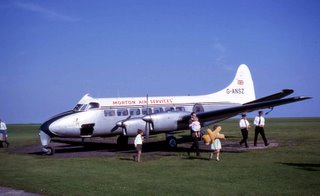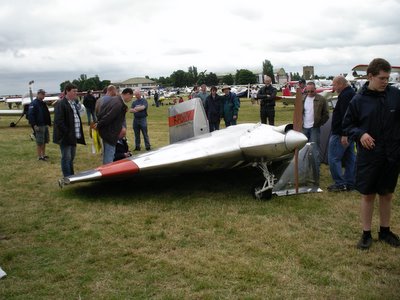So why choose Naples Air Center (NAC)I booked this trip some time ago and when viewing a forum on the website www.pprune.org I sometimes wonder if I have made the right choice. However there are a sufficient number of good reports of NAC to make me feel happy with what lies ahead.
Here are some pluses and minuses so far :-
PlusesNaples in Florida is a good holiday resort. What better place to learn to fly in blue skies and warm temperatures.
NAC provide JAA PPL (they also do FAA for those staying in the USA) courses so that the qualification is useable in the UK with no conversions necessary other than the different phraseology used in radio procedures.
NAC can provide student accommodation.
NAC organise a lot of the visa paperwork and send you a student handbook.
NAC have a reasonable number of aircraft (mainly C152 for the PPL) and a large number of courses.
NAC operate a pay as you go policy.
MinusesDespite having booked months ago, NAC are now saying I need to spend some time in a hotel and that they will try to sort out the student accommodation when I am there. This sounds very unsatisfactory and three emails on the subject have been ignored. They are obviously just planning on hoping to sort it out at the time.
Prices have risen since I booked.
I suppose I should be happy with the overall situation, but it is annoying when emails are deliberately ignored. I hope 'deaf ears' is not something they suffer from in connection with flying matters.
Till the next time.
Phil






